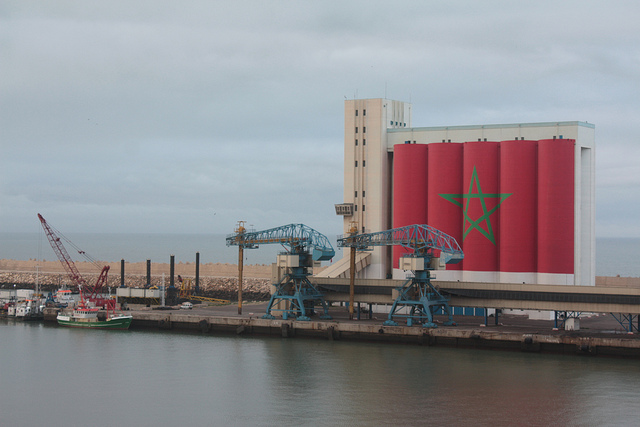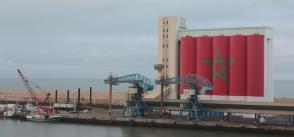
Desalination plant in Agadir to run entirely on green energy
96.5% of rural areas would have access to drinking water by the end of 2017, thanks to the completion of drinking water supply projects.
Morocco is to build the world’s largest desalination plant that will run entirely on solar energy in a bid to offset water needs in the semi-arid southern region.
Morocco and Abengoa, a Spanish energy firm, signed a contract for the construction of a desalination plant and the development of an irrigation project in the Agadir region. The contract, which adds to one signed in 2014, outlines the construction of a plant with a production capacity of 100,000 cubic metres of water per day.
The $364.6 million seawater plant is expected to produce 450,000 cubic metres of water per day. However, it will initially begin with a production of about 275,000 cubic metres per day, 150,000 cubic metres of which would be for consumption and 125,000 cubic metres would be used for irrigating 13,600 hectares of agricultural fields in the Chtouka region.
Moroccan Minister of Agriculture and Fisheries Aziz Akhannouch said the project “is a lever for a sustainable socio-economic growth for the whole region.”
The Chtouka region employs about 100,000 people in the agricultural sector, which generates $1 billion. However, its water resources are under threat, which prompted the Moroccan government to act.
The plant is expected to cover the needs of more than 70,000 inhabitants, providing about 3.8 cubic metres water per day per person.
Read the full article by Saad Guerraoui via The Arab Weekly.
[Photo by Vicky Sorsby | Flickr]







